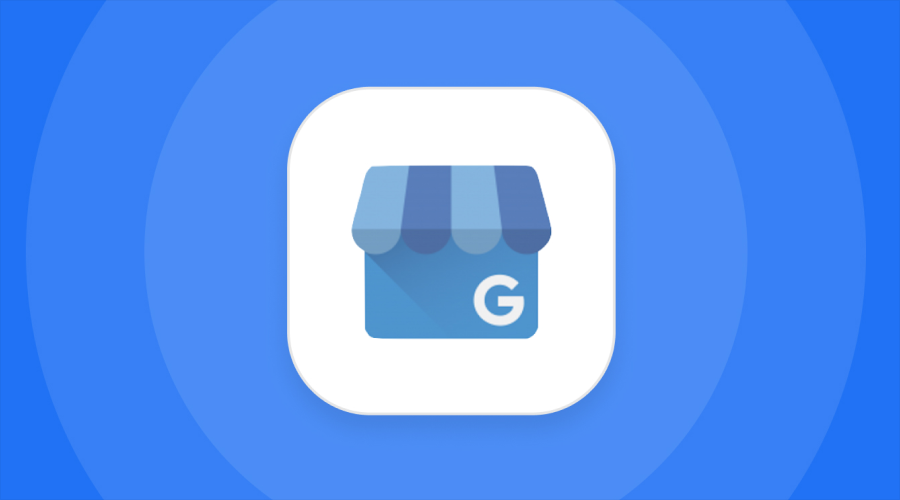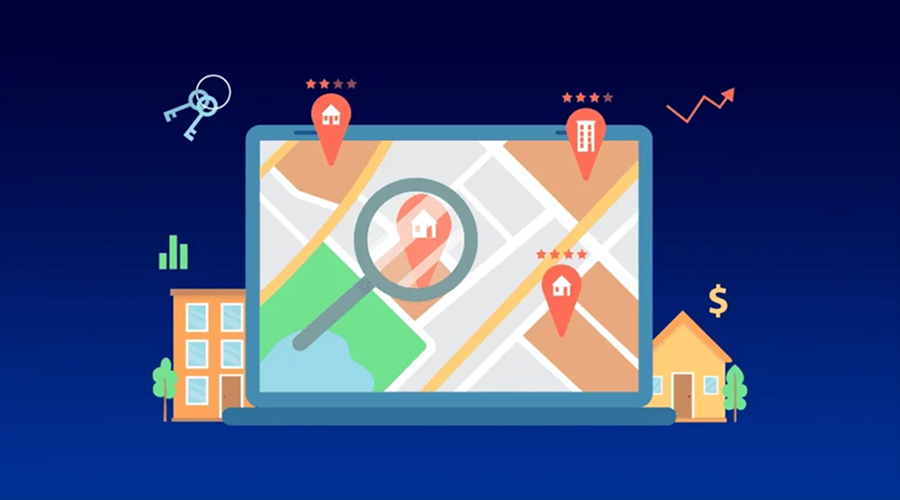
Local SEO is the secret weapon for small businesses trying to thrive in competitive neighborhoods. It helps your business appear in search results when people nearby are looking for your products or services. Unlike traditional advertising, local SEO doesn’t demand a massive budget. Instead, it requires strategic thinking and consistent effort to make sure search engines and potential customers can find and trust your business.
For a small business, especially a solopreneur, the key to success is visibility. And that visibility starts with showing up in Google’s local pack, Maps, and organic results for location-based queries. When someone searches for “best bakery near me” or “emergency plumber in Miami,” your business needs to be one of the first names they see.
Claim and Optimize Your Google Business Profile

One of the most effective local SEO hacks is optimizing your Google Business Profile (formerly Google My Business). This is often the first impression your business makes in local searches. Claim your listing, verify it, and fill it out completely. Add your business name, address, phone number, website, business hours, and business category.
Use high-quality photos to showcase your products, workspace, team, or even happy customers. Encourage satisfied clients to leave reviews, and always respond to those reviews, whether they’re positive or not. An active, complete, and highly rated Google Business Profile improves your chances of appearing in top search and Maps results.
Target Hyperlocal Keywords with High Intent
Generic keywords won’t help your business stand out in your area. Instead, go hyperlocal. Include your neighborhood, city, or even street in your keywords. For example, instead of “hair salon,” go for “eco-friendly hair salon in Coconut Grove.” These keywords may have lower search volume, but they attract the right audience—people ready to make a purchase near you.
Use tools like Google Keyword Planner, Ubersuggest, or even Google Autocomplete to find relevant local search phrases. Include them naturally in your titles, headers, URLs, image alt tags, and content. Don’t forget to optimize your meta descriptions with local keywords to improve click-through rates.
Leverage Google Maps SEO for Physical Locations

Being visible on Google Maps is vital if you operate a storefront or service area. To improve your rankings, focus on Google Maps SEO Services, which involve optimizing your presence within the Maps ecosystem. Ensure your business is accurately pinned, categories are correct, and contact details match your website and other listings.
Citations are another way to boost your map presence. A citation is any mention of your business name, address, and phone number (NAP) on another website. Consistent citations across trusted directories like Yelp, Yellow Pages, and Facebook signal to Google that your business is legitimate and established.
Encourage and Manage Customer Reviews
Customer reviews can make or break your local SEO strategy. Google uses reviews as a ranking factor, so businesses with more positive, recent, and relevant reviews tend to rank higher. Ask for reviews after a successful transaction or interaction. Make the process easy—send a follow-up email or provide a direct link.
When you respond to reviews—especially the negative ones—stay professional, polite, and proactive. Address concerns with a solution and show appreciation for feedback. This not only improves customer satisfaction but also shows Google that your business is engaged and trustworthy.
Optimize for Mobile Search and Voice Assistants

Over 60% of local searches happen on mobile devices. That means your website must load quickly, look great on smaller screens, and offer easy navigation. Use large buttons, readable fonts, and avoid clutter. Test your website on various devices to make sure everything works seamlessly.
Voice search is another growing trend. People are asking Siri, Alexa, and Google Assistant for local recommendations. Optimize for conversational keywords and questions like “Where’s the best Thai restaurant near me?” or “What’s the closest place to get my car fixed?” Include these long-tail phrases in your FAQ section and blog content.
Build Local Backlinks from Trusted Sources
Backlinks remain a strong ranking factor in local SEO. But instead of aiming for global websites, focus on building links from local news sites, blogs, organizations, and chambers of commerce. Sponsor a local event, participate in community drives, or get featured in a local magazine to earn backlinks.
Also, consider guest posting on regional blogs or collaborating with nearby businesses. When your website is linked from credible local sources, it signals your relevance and authority to search engines, helping you climb the local rankings faster.
Use Schema Markup for Better Local Visibility
Schema markup (also known as structured data) is a piece of code you add to your website to help search engines understand your content. It enhances your listings with rich snippets, which can include star ratings, business hours, and other information that stands out in search results.
Use Local Business schema to highlight your name, address, phone number, opening hours, and service areas. If you’re unsure how to do it, tools like Google’s Structured Data Markup Helper or plugins like Rank Math (for WordPress) make implementation easy.
Create Local Content That Solves Problems
Content marketing is not just for big brands. Small businesses can use local content to build trust and drive traffic. Write blog posts, guides, or videos that address local problems or highlight community events. For example, a Miami pest control company might write “How to Deal with Mosquitoes During Miami Summers.”
You can also interview local influencers, review area-specific tools, or feature customer success stories. This not only drives traffic but increases engagement, builds backlinks, and positions you as a go-to expert in your local niche.
Strengthen Your NAP Consistency Everywhere
Your NAP—Name, Address, Phone Number—must be consistent across every online platform. This includes your website, social media pages, online directories, and review sites. Even small discrepancies (like using “Street” in one place and “St.” in another) can confuse search engines and hurt your rankings.
Use tools like Moz Local or BrightLocal to audit and update your citations. Ensuring a unified digital presence helps search engines build confidence in your legitimacy and location, which increases your visibility in local search results.
Get Listed in Top Local Directories
Beyond Google, there are dozens of local business directories where your business should be listed. Sites like Yelp, Bing Places, Apple Maps, TripAdvisor, Angi (formerly Angie’s List), and niche-specific directories help broaden your reach.
Each listing should include accurate information, high-quality images, a compelling business description, and keywords related to your location and service. Monitor these listings regularly for accuracy and keep them updated as your business evolves.
Combine SEO with Social Media for Maximum Impact
Social signals don’t directly influence local SEO rankings, but they do increase your visibility and brand awareness. As a solopreneur, use platforms like Instagram, Facebook, and TikTok to showcase your work, engage with local followers, and promote your content. Geotag your posts, mention local events, and use location-based hashtags. Encourage check-ins and reviews through your social platforms. The more buzz you create locally, the more likely your business will earn clicks, backlinks, and ultimately—higher search rankings.
Monitor Your Local SEO Performance Regularly
To see what’s working and what’s not, you need to track your local SEO efforts. Use tools like Google Analytics and Google Search Console to monitor traffic, keywords, bounce rates, and conversions. Check your Google Business Insights to see how many people are finding you through Maps, calls, or website visits.
For more detailed analysis, platforms like SEMrush or BrightLocal offer local-specific SEO audits and keyword tracking. Reviewing these insights monthly helps you identify trends and optimize future campaigns for better results.
Localize Your Website Content and Landing Pages
Don’t just focus on your homepage. If you serve multiple neighborhoods or cities, create separate landing pages for each one. These pages should include localized keywords, testimonials from clients in that area, service details, and location-specific CTAs.
For example, a home cleaning service in Florida can have pages for “House Cleaning in Coral Gables,” “Apartment Cleaning in Brickell,” etc. These localized pages attract highly targeted traffic and increase your chances of ranking in various nearby communities.
Register Your Business Legally and Locally
Legitimacy is key to trust—both for customers and search engines. If you haven’t yet done so, complete your Company Registration in Miami (developed by Weetech Solution). A registered business gets more trust from directories and Google when verifying your details.
Having a business license, EIN, and physical address listed publicly also helps with local citations and verification. Legal registration is one of the easiest ways to boost your credibility and stand out from fly-by-night competitors.
Bonus Tip: Build Community Connections Offline
Finally, don’t forget that real-world community building supports your online SEO efforts. Participate in neighborhood events, sponsor school fundraisers, or host free workshops. These activities build relationships and often lead to organic online mentions, social media shares, and word-of-mouth referrals.
You can also distribute flyers or business cards with QR codes that lead to your Google Business review page or booking system. When your offline presence is strong, it amplifies everything you do online.
Conclusion: Local SEO Is Your Growth Engine
Local SEO doesn’t require a massive budget or a full-time team—it just requires the right strategies executed consistently. As a solopreneur or small business owner, leveraging these hacks can lead to better visibility, increased foot traffic, and more qualified leads.
From optimizing your Google profile and targeting hyperlocal keywords to building community connections and collecting reviews, every step contributes to your success. Whether you’re new to the game or trying to outrank competitors, now is the time to implement these proven tactics and build a sustainable local presence.






